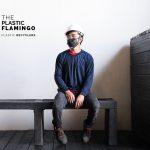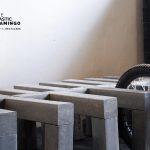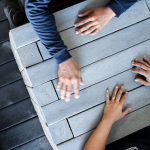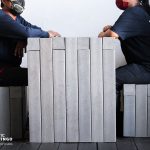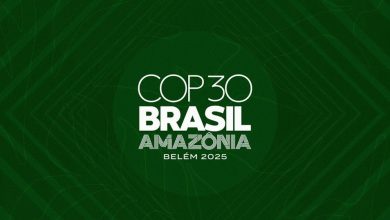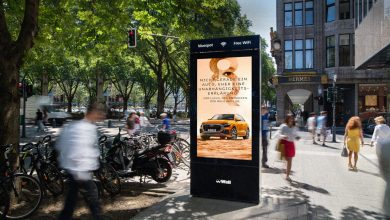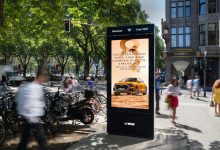MANILA, PHILIPPINES —In its goal to reduce the impact of its plastic packaging on the environment, Mondelez Philippines has embarked on an approach that has both short- and long-term effects. Most recently, the snacks company worked with the social enterprise the Plastic Flamingo to turn over outdoor furniture made from recycled plastic to the Parañaque City government. These recycled items show the proof of the recyclability of plastics, and how supporting the circular economy for this material can benefit the environment and livelihood.
The problem of plastic waste ending up as marine litter is a complex one and poses a great threat to our environment. The Philippine Alliance for Recycling and Materials Sustainability (PARMS) alongside its members like Mondelez Philippines have committed to supporting efforts to manage plastic and packaging waste and reduce the country’s waste footprint. According to a 2021 Zero Waste to Nature (ZWTN) roadmap by PARMS, reducing marine litter will entail three major steps: Design for Circularity, Support Waste Recovery Processes and, Facilitate Investment into Diversion Pathways.
Simply put this means reducing packaging use and re-designing it for greater recyclability, making manufacturers part of the waste recovery process and strengthening government capabilities, and strengthening the recycling industry for plastic as well as other materials. It supports the circular economy of plastics, where plastic is viewed as a valuable material like wood and glass and can be reused continuously.
Reduce, Redesign, Recover, and Recycle
Mondelez Philippines is one with PARMS in implementing this roadmap and has signed the industry pledge to ensure that by 2030, the company can collect and divert the same amount of plastic that it uses for its products. The company also abides by its global commitments to reduce the amount of packaging they use, to make 100% of its packaging recycle ready and labeled with recycling information, and to reduce virgin plastic use in rigid plastic packaging by 25%, or a 5% reduction in virgin plastic in its overall packaging.
“We recognize the responsibility that each one of us has in ensuring plastic waste does not end up in nature,” explains Atty. Joseph Fabul, Corporate and Government Affairs Country Manager for Mondelez Philippines. “We all have a role. For consumers, it can be deciding to buy in bulk rather than small pieces if they can afford it, and make sure to dispose of their waste properly. For companies like ours, it means being mindful of our packaging use and supporting the collection of what we put out in the market. In 2019 we started our journey to learn how we can support waste collection, launching a project to collect just 1,000 kilos of plastic waste with the Plastic Flamingo the following year. By 2021, we have expanded this to 42,000 kilos, and have turned a part of this collected waste into recycled furniture for the use of our home city of Parañaque.” This project with The Plastic Flamingo was funded through the global Sustainable Futures platform of Mondelēz International. Sustainable Futures aims to incubate, finance and build partnerships in the impact investment space through co-funded climate projects and a new social venture fund.
Working with other organizations in 2021, Mondelez Philippines has been able to collect and divert a total of 172,489 kilos of plastic waste. This amount is equivalent to the weight of as many as 86 automobiles. For 2022 the company aims to collect more, in line with its 2030 commitment with PARMS on recovery. Additionally, Mondelez Philippines’ parent company is also on a mission to ensure 100% zero carbon emissions by 2050.
The recycled furniture turned over to Parañaque City includes a picnic bench, bike rack, waste cube, bench, and dining set . The Plastic Flamingo collects plastic waste from communities and processes them into eco lumber, shaped similarly to wood that’s used for construction, while providing livelihood for its collectors and processors. This lumber is then used to build the furniture, as well as other structures. Consumers can also buy these recycled items from the enterprise, for their home use and to fund more plastic collection. This model highlights the value that plastic has, how it can be continuously reused and does not have to end up as waste.




